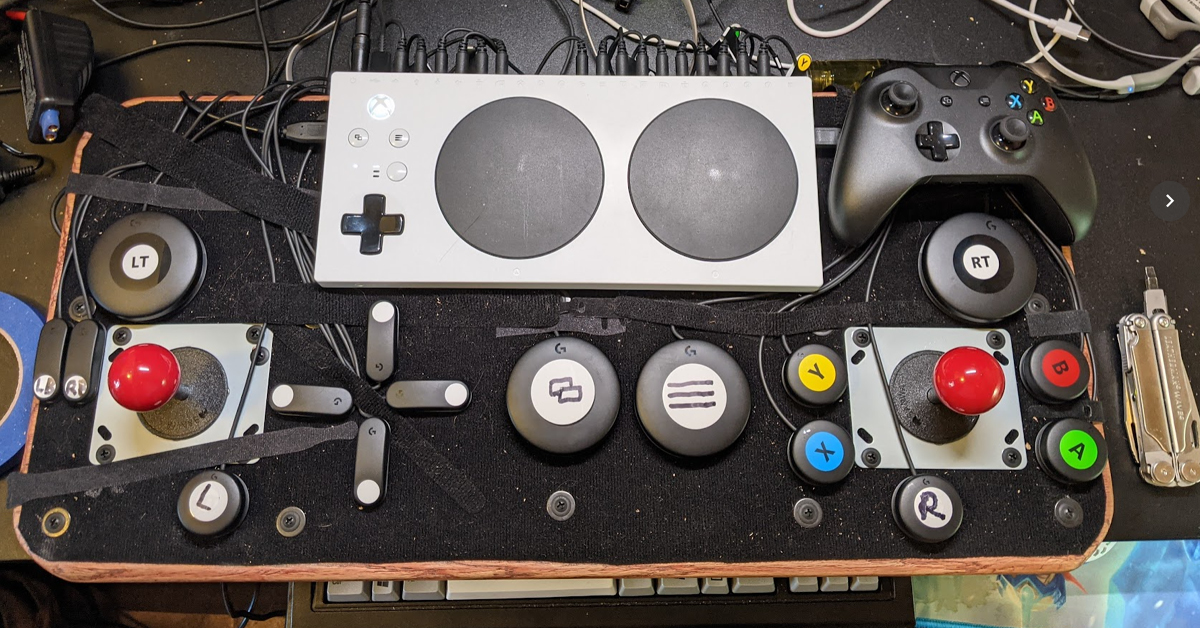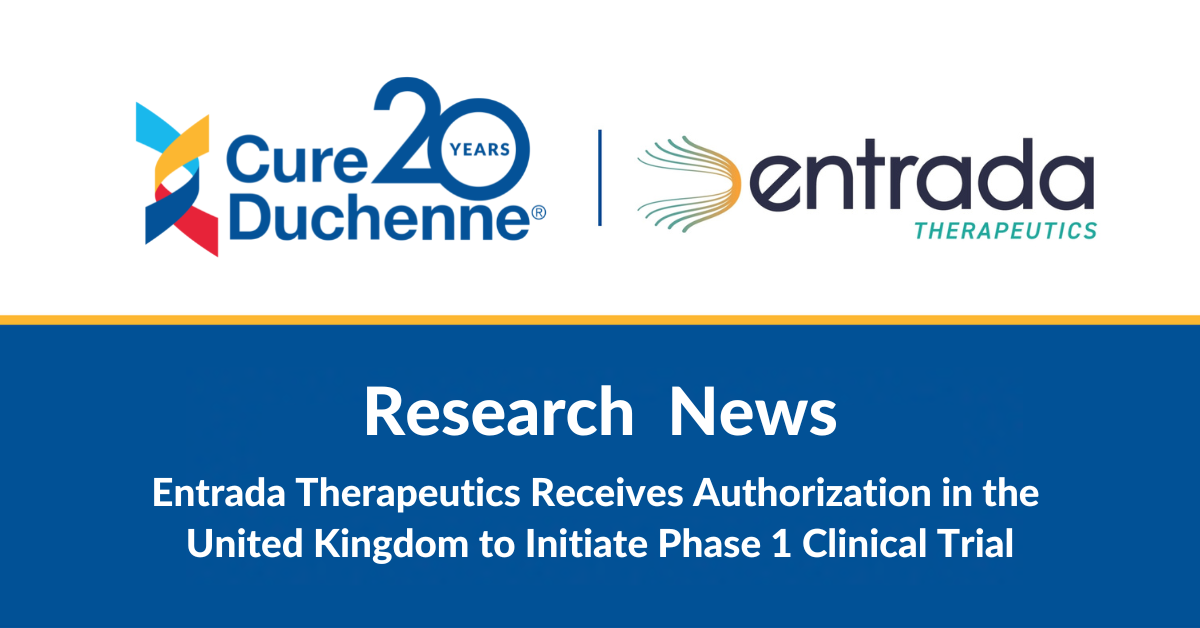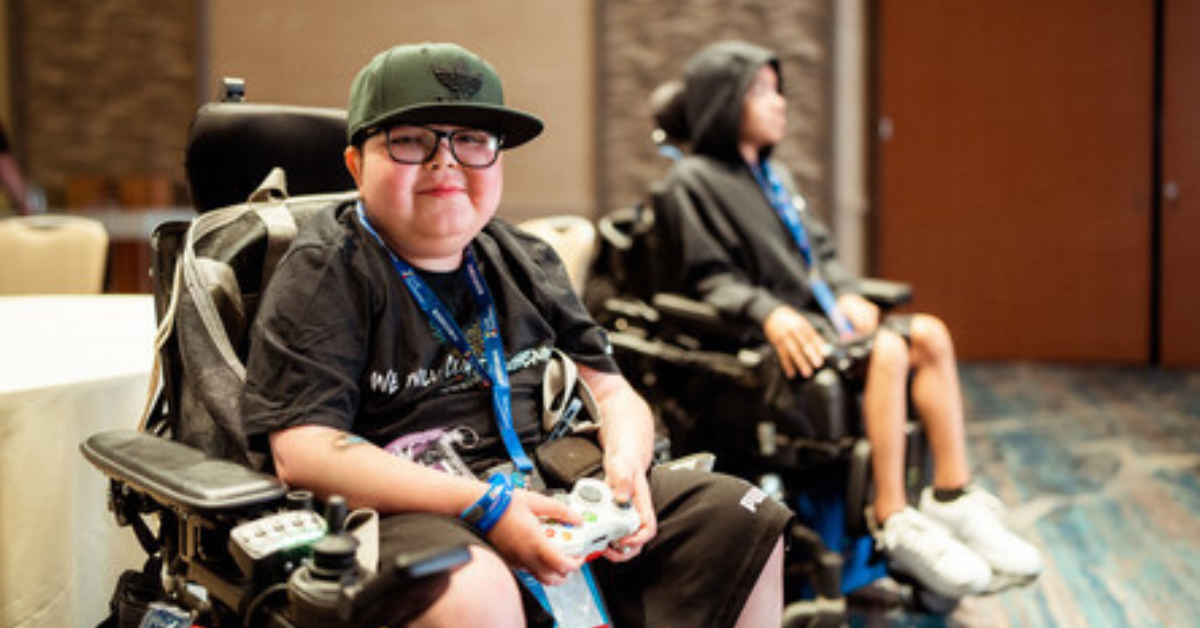24th International Annual Congress of the World Muscle Society (WMS) Day 3 Blog
Even though it’s a conference of the World Muscle Society, the presentations on Thursday morning focused on the disease processes happening in parts of the body other than muscle. This included a talk outlining the different ways scientists are trying to understand how the brain can be affected in cases of Duchenne muscular dystrophy (DMD).
While we have pretty good understanding how dystrophin is a key muscle protein, we know a lot less about the role of dystrophin in the brain. There are several different forms of dystrophin (full length and progressively shorter forms) which naturally occur in the brains of humans, with the amount of the different forms varying throughout development from fetus to child to adult.

Evidence is emerging that some forms may be involved in the initial development of the brain and establishing connections among cells, whereas other form may be more critical in allowing the communications between nerve cells to occur and strengthen over time. Similar to what happens in muscle, different Duchenne-causing disease mutations in the DMD gene can make one or more of the forms of brain dystrophin not functional. More research is needed to better understand this, because it may shed new light into observations that some individuals with DMD have cognitive and/or behavioral issues.





